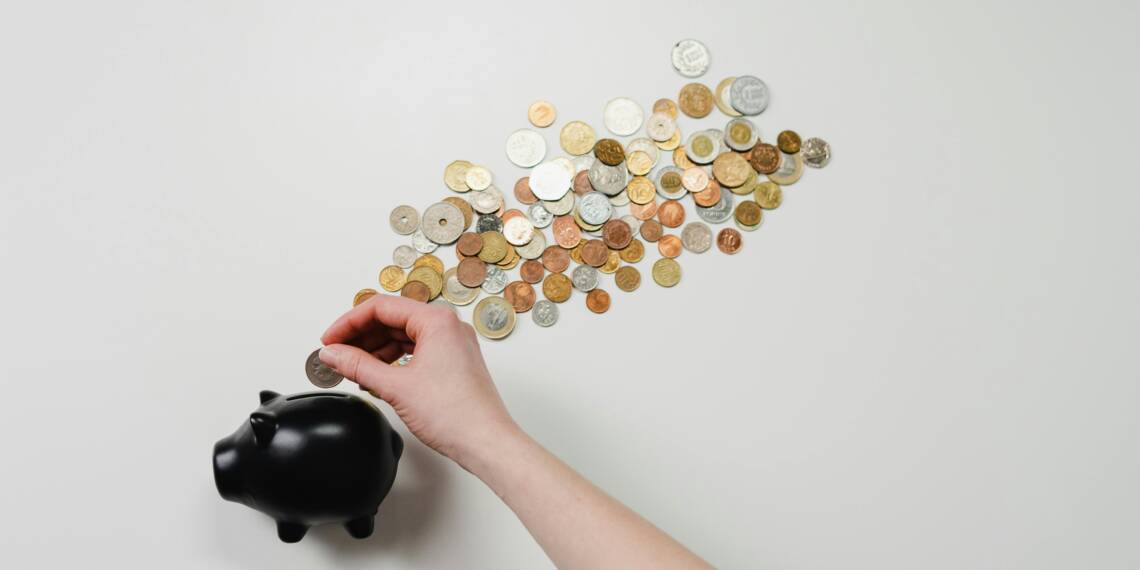Let’s talk about a financial safety net, something like your personal financial firefighter ready to save the day when unexpected costs blaze up. We often hear about managing debt or investing for the future, but setting up an emergency fund is one of the first and most crucial steps to really securing your financial well-being. This fund acts as a buffer that can keep you afloat during sudden financial needs without having to rely on credit cards or a debt relief program.
Why You Need an Emergency Fund
Imagine your car breaks down, or you face an unexpected medical bill—situations no one wants but can happen to anyone. Without a safety net, you might be forced to lean on credit cards, potentially leading you down a path toward needing a debt relief program. An emergency fund provides the cash you need to handle life’s surprises with ease.
Immediate Access: Unlike other savings, your emergency fund is readily available. You don’t need to sell stocks or wait for approval on a loan; the money is there when you need it.
Stress Reduction: Knowing you have a financial cushion can significantly reduce stress and provide peace of mind in times of uncertainty.
How Much Should You Save?
Financial experts often recommend that your emergency fund should cover three to six months of living expenses. However, the exact amount can vary based on your lifestyle, financial obligations, and dependents.
Personalize Your Plan: Consider your specific circumstances. If you’re self-employed or in an unstable job market, you might want to aim for the higher end of that range.
Starting Your Emergency Fund
Getting started can be the toughest part, especially if you’re not used to saving regularly. But even small, consistent contributions can build up over time.
Set a Monthly Goal: Begin by determining how much you can realistically set aside each month. Even a small amount, like $50 or $100, can eventually build a substantial fund.
Open a Dedicated Savings Account: Keep your emergency fund separate from your regular checking account. This reduces the temptation to dip into it for non-emergencies.
Building Momentum
Once you start your fund, the next step is keeping the momentum going. Here are a few strategies to help you grow your emergency savings.
Automate Your Savings: Set up automatic transfers from your checking account to your emergency fund right after payday. This makes saving effortless and ensures it remains a priority.
Increase Contributions Gradually: Every time you get a raise, bonus, or extra income from a side hustle, consider boosting the amount you save.
Keep it Liquid but Growing: Your emergency fund should be easily accessible, but that doesn’t mean it can’t earn interest. Look for high-yield savings accounts that offer better returns than typical savings accounts.
Maintaining Your Emergency Fund
Building your fund is one thing, but maintaining it is another. It’s important to regularly review and adjust your fund as your financial situation changes.
Regular Reviews: Every year, revisit your emergency fund. As your living expenses increase, so should your fund.
Replenish Used Funds: If you need to use money from your emergency fund, make it a priority to replenish it as soon as possible.
Conclusion
Starting and maintaining an emergency fund might not be the most exciting aspect of personal finance, but it’s undoubtedly one of the most critical. It’s not just about having money set aside; it’s about securing your financial independence and ensuring that you’re prepared for the unexpected. With a solid emergency fund in place, you’re not just surviving; you’re thriving, ready to face whatever life throws your way without financial fear.








